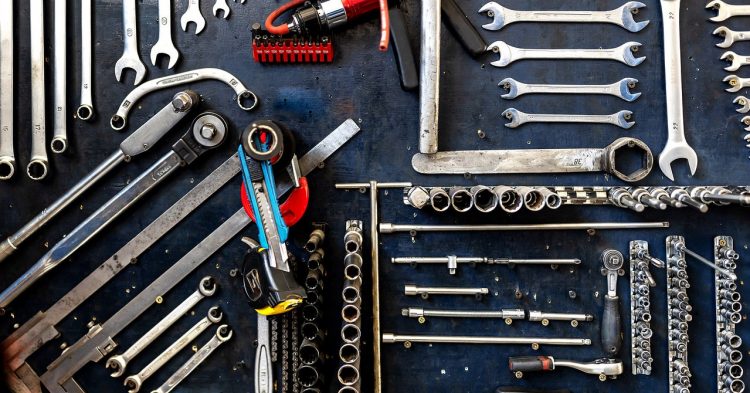That investment can be worth it for a business that intends to stay open for a while, but many auto shop owners are nearing retirement. A 2019 industry survey found that nearly half of auto shop proprietors were 60 or older. And 30 percent of shop owners were thinking of leaving the industry by 2024. “You’re seeing older guys say, ‘Hey, I spent enough money, so I’m not gonna buy new equipment,’” says John Firm, who owns Firm Automotive, a mechanical shop in Fort Worth, Texas. “These shops don’t do the training, don’t buy the equipment, and they’re being left behind.” (Firm is himself considering retirement.)
Laura Gay, who sold her collision repair business six years ago and now makes a living helping other owners sell theirs, paints a gloomy picture of life in car repair today. Reimbursements from insurers aren’t keeping up with the cost of fixing today’s complex cars, she says. Meanwhile, shops struggle to find workers, as older people age out of the industry and younger ones are turned off by low starting wages. Shop owners “are just fed up,” she says. “They are physically and mentally drained—we went from a very simple industry to a very complex industry.”
Industry experts say the repair crunch is likely to get worse before it gets better. “We’re in for a bumpy ride over the next 10 or 15 years,” says White, the business coach. “There’s more people wanting repairs than there are people to repair them.”
Expect the auto shops that survive to be busier and look different from those of yore. After a decades-long shortage of auto technicians, businesses are keen to attract a new generation of workers excited about electric cars or automated driving technology—as White puts it, people more like Star Trek engineer Geordi LaForge than grease monkey Gomer Pyle from the The Andy Griffith Show.
As the traditional auto repair shop disappears, so might the stereotype about the grizzled and grimy auto repair tech with a wrench in his hand. “These complexities have made it more difficult for a shop to operate if it’s not running properly—if it’s not properly funded, not properly insured, doesn’t have the correct tooling, doesn’t have the right insurance,” says Lucas Underwood, the North Carolina shop owner.
In Minnesota, Brandon Mehizadeh, who also chairs the Collision Division at the Automotive Services Association, a trade group of independent repair shops, has already started to see new workers make their way into the trade. “We’re getting a lot more techie students, who are interested in computers and software and pretty whizzy with an iPhone and an iPad,” he says. When one of his shops decided to certify a technician in Kia, Nissan, and Fiat Chrysler repair, he nominated his youngest technician—making an investment in the repair industry’s future.
Source by www.wired.com





























